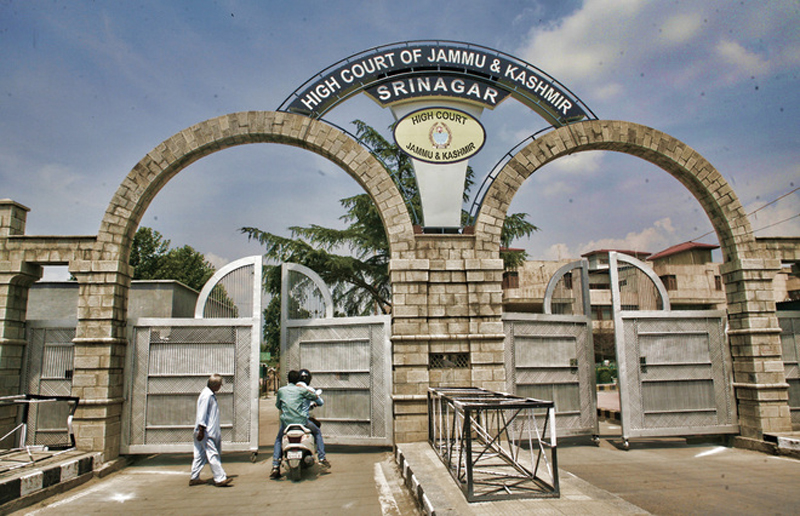Excelsior Correspondent
SRINAGAR, Feb 21: The High Court has quashed the Government order whereby seniority of Anganwari Workers (AWs) has been fixed from the date of acquiring higher qualification instead of their initial appointment and directed the authorities to fix their seniority on the basis of initial engagement.
The Government order dated 28.2.2019 was challenged in a bunch of petitions which read that the seniority of the Anganwari Workers, who have acquired higher qualification (Graduation) during service shall be taken from the date of acquiring the higher qualification instead of the date of their initial appointment.”
“…the impugned Clause-1 incorporated in Government order no. 76-SW of 2019 dated 28.2.2019 issued by respondent 1 is quashed, as a consequence whereof the respondents are commanded to fix the seniority of Anganwari Workers on the basis of their initial engagement as Anganwari Workers in tune with Rules of 1991 read with Rule 24 of the J&K CCA Rules,” Justice Javed Iqal Wani concluded.
The court while referring to the rule position said the impugned Clause incorporated in Government order no. 76-SW of 2019 dated 28.2.2019 is contrary to the Rules of 1991 read with Rule 24 of CCA Rules of 1956, thus not in conformity with law on the principle laid down by the Apex Court.
The Court on the analysis of Supreme Court ruling also said that the seniority to a particular class, category or cadre cannot be counted and fixed on the basis of acquiring a higher qualification which may be relevant or beneficial for speedy promotion, but has to be on the basis of date of initial appointment.
“However for the purpose of computing the experience with a particular qualification, the relevant date would be when a relevant qualification has been acquired. Previous experience without particular qualification will have to be ignored”, read the judgment
The court added that an eligibility list and a seniority list and the principle of law is that whereas separate eligibility lists can be framed for persons holding different qualifications for whom separate quotas have been provided for the purpose of computing the period of experience with that particular qualification.
Court clarified that as the seniority is concerned, the same has to be common on the basis of entry in that particular category. It has been also emphatically ruled in the judgment that simply because separate quotas on the basis of qualification have been prescribed for the persons holding same posts does not warrant bifurcation of cadre and maintenance of separate seniority for respective quotas.
Court said, the Graduate Anganwari Workers and Matriculate Anganwari Workers constituted two feeding categories for the post of Supervisor. The Matriculate Anganwari Workers who during the service had secured qualification of Graduation yet figured in the seniority of Graduate Anganwari Workers from that date and their seniority to be reckoned as Graduate Anganwari Workers only from the date such candidates obtained Graduation degree, thus having created two classes of Anganwari Workers viz. Graduate Anganwari Workers and Matriculate Anganwari Workers having ruled that the seniority of a Matriculate Anganwari Worker will not revert back to the date of engagement as Matriculate Anganwari Workers after obtaining the degree of Graduation.
The law court added that formulation of principles for fixation of seniority, promotion and determination of seniority are matters of policy which may find expression either in statutory rules or administrative orders including executive instructions.
It is also equally settled that when a particular field is occupied by statutory rules then the administrative orders and executive instructions cannot be issued to nullify the effect or impact of the statutory rules. Similarly, it is also well settled that if there is a conflict between a statutory rule and an administrator order, the rule has to prevail and the administrative order/executive instruction has to give way to the statutory rule if both occupy the same field.
Trending Now
E-Paper


